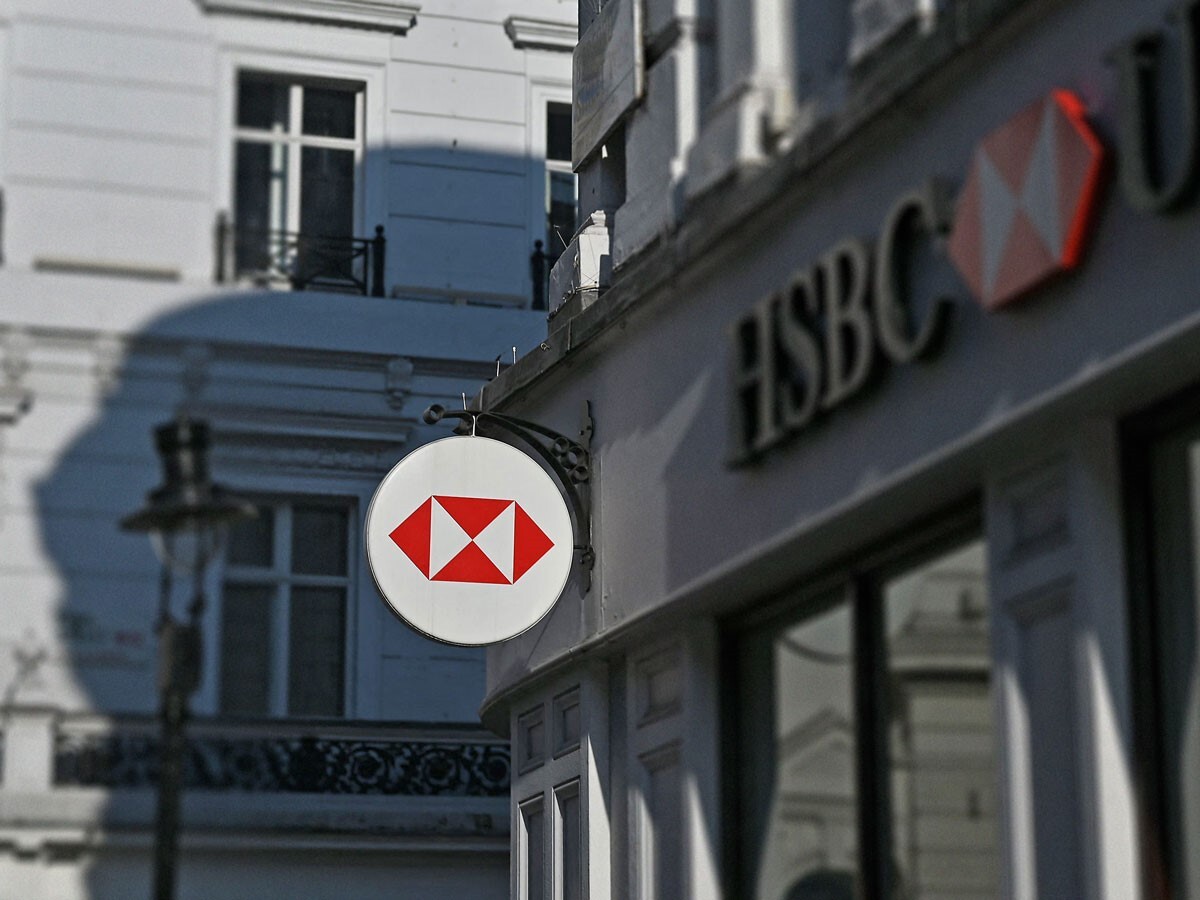HSBC’s share price gains have thumped other banking stocks this year. Helping to sustain momentum was a triple-digit rise in pre-tax profits in the fourth quarter of 2022. This led several analysts to up their price target on the stock. However, challenges remain for the UK bank with a heavy focus on Asia.
HSBC’s share price soared after fourth quarter (Q4) results showed the bank benefited from interest rate rises across the globe. Profit before tax hit $5.2bn, up a whopping 108% year-on-year and above analyst expectations of $4.97bn.
“2022 was another good year for HSBC,” CEO Noel Quinn said. “We are on track to deliver higher returns in 2023.”
The bank said it is confident of hitting an annual return on average tangible equity of a least 12% from 2023 onwards, driven by its own transition programmes and higher global interest rates.
HSBC share price outpaces rivals
HSBC’s share price has outpaced its rivals so far in 2023. Year-to-date HSBC stock is up 22.5%, compared to Lloyds’ [LLOY.L] 14% gain, Barclays’ 8.9% [BARC.L], and Natwest’s [NWG.L] 6%.
Strong results add to this momentum. Yet despite the Q4 bonanza, pre-tax profit fell $1.4bn to $17.5bn in 2022, as the cost of selling its French retail banking operations weighed on earnings. China was HSBC’s most profitable region in 2022, posting pre-tax adjusted profits of $6.8bn, followed by the UK with $5bn. Revenue for the full year was $51.73bn, up from $49.55bn.
Expected credit losses were $3.6bn last year due to economic uncertainty, rising inflation and ongoing developments in China’s property markets.
HSBC has been under pressure from its biggest shareholder to split its Asian and western operations. Chinese insurer Ping An owns more than 8% of the stock and has been agitating for a split after the bank paused dividend payments in the wake of the Covid-19 outbreak. In an effort to be seen rewarding shareholders, HSBC announced a second interim dividend of 23 cents per share for 2022. It also said that it would consider a 21-cent special dividend following the sale of its Canadian banking operations.
Challenges ahead
This earnings season has seen UK banks deliver significant profits, but, in some cases, underwhelming guidance, as windfalls from rising interest rates could fade.
Natwest and Barclays have said that net interest margins in 2023 will be around that of the last quarter of 2022, while HSBC said net interest income would be close to Q4 levels. All had benefited from the Bank of England’s decision to raise interest rates to tackle inflation.
The cost of living crisis will also provide a serious challenge to HSBC and its rivals this year. HSBC set aside $3.6bn in 2022 to cover loan defaults. Some of this could eventually be returned as profits if the impact of the crisis isn’t as bad as feared, although there’s no guarantee this will happen.
HSBC’s real differentiator from its UK peers remains its focus on Asia, where it makes the bulk of its money. The bank also boasts a large investment business, although fee revenue here has come under pressure following the global market downturn.
In the results, Group Chairman Mark E. Tucker sounded a cautious note on the global macroeconomic challenges ahead, citing the Russia-Ukraine war, Covid-19, higher interest rates and inflation as likely headwinds continuing into 2023. However, Tucker was optimistic on a recovery in China, saying the bank’s economists had forecast a 5% growth in GDP.
Analysts up price target on HSBC shares
Analysts at Berenberg upped their price target on HSBC shares following the earnings announcement, raising their target from 625p to 780p. The analysts said that the bank’s guidance on net interest income was “knowingly” conservative. HSBC is guiding for net interest income to come in at $36bn this year.
Barclays’ upped its target on HSBC from 780p to 840p, keeping an ‘overweight’ rating on the stock, while Royal Bank of Canada [0QKU] increased its target from 750p to 775p, with an ‘outperform’ rating.
Of the 16 analysts polled by the Financial Times, HSBC has a median 12-month price target of 730.79p. Hitting this suggests a 15% upside on Monday’s close of 631.8p.
Disclaimer Past performance is not a reliable indicator of future results.
CMC Markets is an execution-only service provider. The material (whether or not it states any opinions) is for general information purposes only, and does not take into account your personal circumstances or objectives. Nothing in this material is (or should be considered to be) financial, investment or other advice on which reliance should be placed. No opinion given in the material constitutes a recommendation by CMC Markets or the author that any particular investment, security, transaction or investment strategy is suitable for any specific person.
The material has not been prepared in accordance with legal requirements designed to promote the independence of investment research. Although we are not specifically prevented from dealing before providing this material, we do not seek to take advantage of the material prior to its dissemination.
CMC Markets does not endorse or offer opinion on the trading strategies used by the author. Their trading strategies do not guarantee any return and CMC Markets shall not be held responsible for any loss that you may incur, either directly or indirectly, arising from any investment based on any information contained herein.
*Tax treatment depends on individual circumstances and can change or may differ in a jurisdiction other than the UK.
Continue reading for FREE
- Includes free newsletter updates, unsubscribe anytime. Privacy policy





